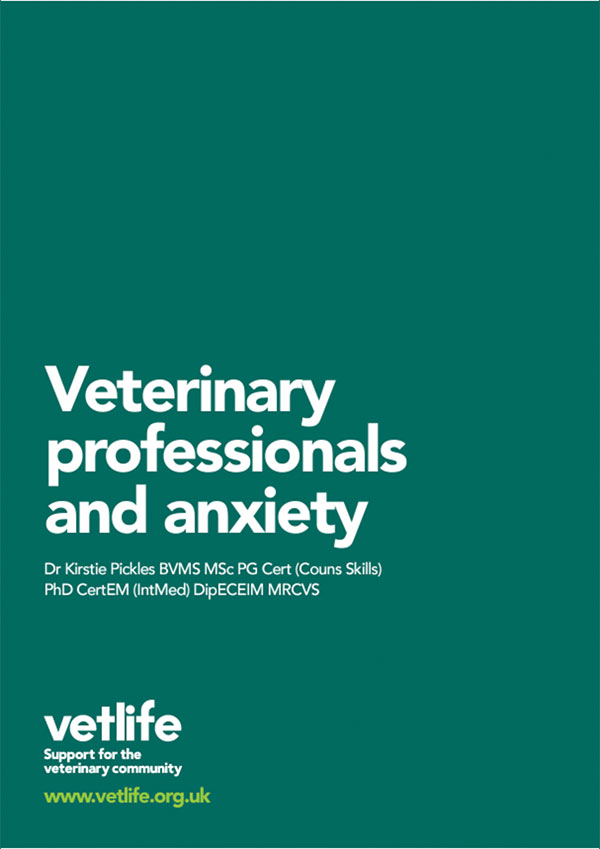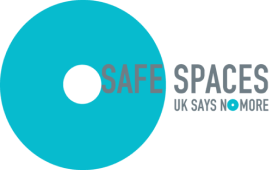Stress, anxiety & depression
Many people in the veterinary community are experiencing symptoms which indicate probable clinical depression and/or anxiety.
Veterinary surgeons in the UK are three to four times more likely than the general population to die by suicide (Platt et al., 2010). The effect of a suicide on families, friends and colleagues can be devastating. Every suicide is a tragedy, and for many people bereaved by suicide, the impact is long lasting. There aren’t accurate figures for the suicide rate among veterinary nurses but there are some aspects of their work that suggest that they also may be at risk.
The stigma associated with mental illness often acts as a barrier to accessing care, including mental health services, and indeed stigma can increase people’s reluctance to even discuss the topic in the first place. According to the results of a 2012 study of veterinary surgeons with a history of suicidal thoughts or behaviour half the participants had not talked with anyone about their problems because they felt guilty or ashamed.
Initiatives like Mind Matters are working to reduce the stigma and Vetlife Health Support and Vetlife Helpline are expanding to meet the increased demand for their free, independent and confidential mental health support.
Mind Matters have produced a downloadable guide on enhancing wellbeing and managing stress in the work place.
What causes psychological distress for vets at work?
Vets commonly attribute their psychological distress to problems at work, specifically:
- Work intensity (pace and volume)
- Duration of working hours and its associated effects on personal lives
- Feeling undervalued by senior staff and/or management
- Performance anxiety and performance – especially if newly qualified
See: A Challenging Career
Download: Veterinary professionals and anxiety





